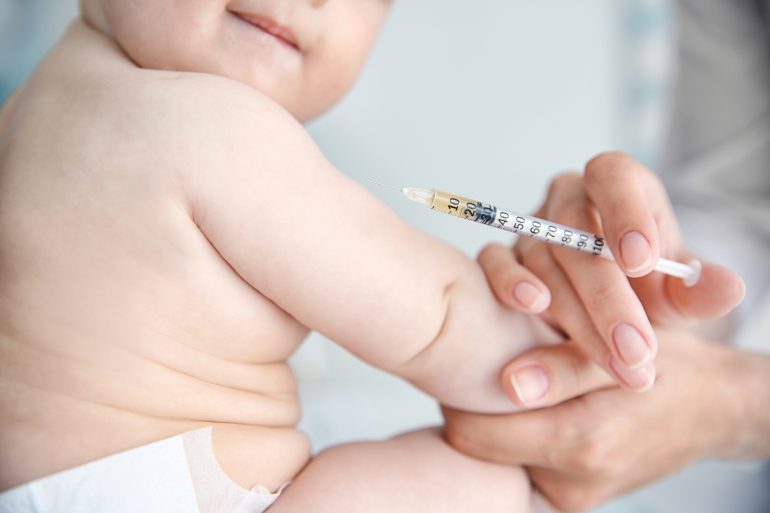Vaccination rates are declining in large cities and various Dutch regions, according to the public health service GGD. Religious, cultural and lifestyle beliefs about vaccinations, along with diminished confidence in the government and its services such as the GGD, are the main reasons why people are refusing vaccines, specifically for whooping cough, measles and the RS virus. GGD doctor Charlie van der Weijden comments: “Confidence in the GGD has fallen, and many people also have doubts about vaccination because we rarely see these diseases anymore.”
In the past, population groups that did not get vaccinated were mainly from strictly Christian reformed communities. However, in recent years, amid discussions fueled by the Covid period, more people have developed distrust in vaccines.
Whooping cough
Whooping cough, caused by a highly contagious bacteria, often begins as a cold, leading to severecoughing fits and shortness of breath. According to newspaper Het Parool, areas with low vaccination rates are experiencing a high number of seriously ill people with whooping cough. Tjalling Leenstra, head of national coordination of infectious disease control at the public health authority RIVM, explains: “We probably all have reduced immunity against whooping cough because we came into less contact with it due to all the Covid measures.”
In total, there are about 250 reported cases of whooping cough per week, including approximately 110 children, of which about 20 are babies. For comparison, in 2019, there were 120 weekly reports, while in 2018, only 91 were recorded. The RIVM is concerned about the outbreak and believes that these figuresmight be on the low side, as not every person gets tested.
While the illness is mostly just annoying for adults, for newborn babies it is very dangerous. They are also the most susceptible, so that the number of babies seriously ill from whooping cough is increasing rapidly. The illness causes exhaustion from excessive coughing, and complications such as pneumonia or brain damage due to lack of oxygen can occur. Of the known cases, about half of those under one year old are admitted to the hospital, with unfortunate instances of babies dying without proper care. Aside from advising people with a cough to stay away from pregnant women and babies, the RIVM advises parents to have their young children vaccinated. Pregnant women should receive a vaccination after 22 weeks into their pregnancy to ensure the baby is protected in the first weeks after birth.
Measles
Measles, another infectious disease preventable by vaccination, saw very few infections between 2020 and2022, due to measures against Covid. However, the number of measles cases in the Netherlands and in Europe is increasing considerably. The European Centre for Disease Prevention and Control (ECDC) recently warned that measles is circulating in a few European countries, with insufficient vaccination coverage against this potentially fatal disease. Last year, 2,361 measles infections were diagnosed in ECDC member countries, including Romania, Liechtenstein, and Austria.
Although the measles vaccination has been part of the Dutch National Vaccination Program since 1976, the GGD states that “particularly with measles, the vaccination rate is not what we would like to see”. With major outbreaks in other countries, there is a concern that similar epidemics may occur in the Netherlands.
RS virus
The RS virus is a respiratory infection particularly dangerous for babies, with about 1 in 100 children becoming seriously ill and needing hospitalization. Around 3,000 children end up in the hospital every year, and about 200 have to go to intensive care. Similar to other infectious diseases, the number of cases of RS virus decreased after the introduction of Covid measures in 2020, with no usual winter peak in infections in the winters of 2020 and 2021. However, from 2021, hospital admissions due to the RS virus increased sharply, with a peak in the summer of 2021.
Although there are now two European-approved vaccines against the virus, one for babies and one for pregnant women, these are not yet included in the Dutch National Vaccination Program. Due to the present high numbers, the Health Council advices including the vaccine for babies in the National Vaccination Program, emphasizing the importance for pregnant women and children in their first year of life to receive it. The State Secretary will now make a decision based on this advice, but it is likely that all children will soon be able to receive a vaccine against this serious illness.
Written by Bárbara Luque Alanís
